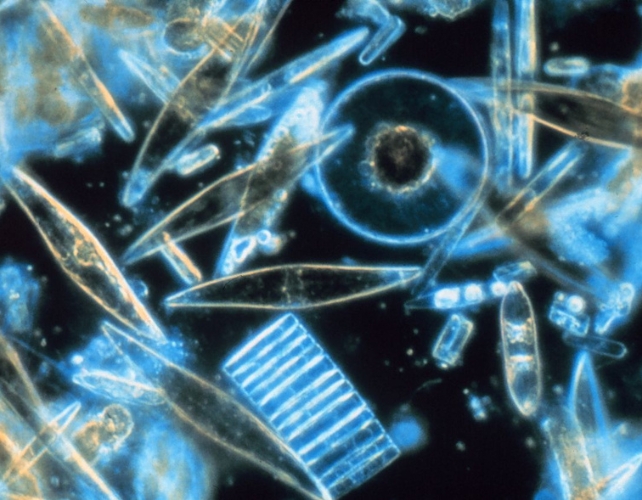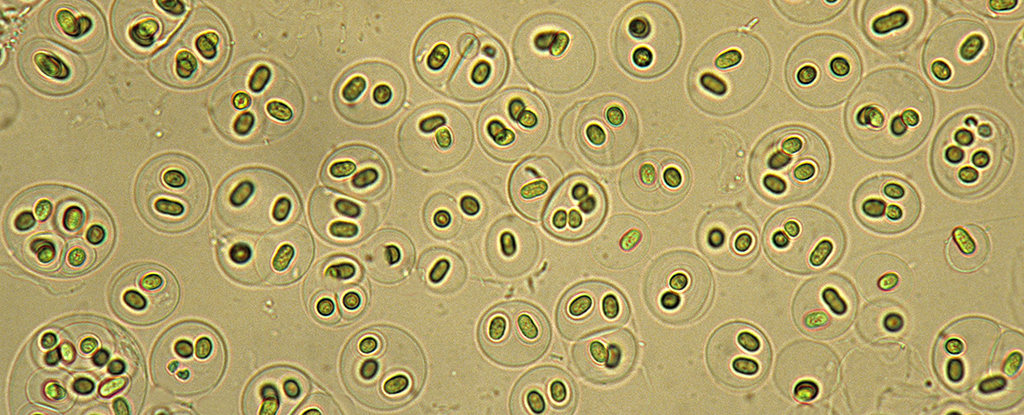Products You May Like
We have a problem with sucralose. Found in many zero-calorie foods and drinks, the artificial sweetener doesn’t get broken down by the body, and as a new study shows that means it’s potentially damaging the microorganisms at the very bottom of aquatic food webs.
“We can’t break down sucralose, and a lot of microorganisms can’t break it down, either, because it’s a really tough molecule that doesn’t degrade easily,” says marine bioscientist Tracey Schafer, from the University of Florida.
“So there are a lot of questions about how it is affecting the environment and whether it’s something that could impact our microbial communities.”
The research team collected samples from both a freshwater and a brackish water site in Marineland, Florida, and exposed them to a variety of sucralose concentrations in the lab.
Sample measurements of cyanobacteria and diatoms were taken across a five-day period, revealing the artificial sweetener clearly had an impact.
Compared to control groups, cyanobacteria concentrations increased in freshwater when exposed to sucralose, and spiked and then crashed in brackish water.
As for diatoms, the broad trend across freshwater and brackish water was a reduction in populations after sucralose was added. The impact was more noticeable in the freshwater experiments, the researchers found.
“There is the potential that the freshwater communities might be mistaking sucralose for a nutrient, for a sugar that they can use as food,” says chemist Amelia Westmoreland, from the University of Florida.
While this study doesn’t go into detail in terms of what the long-term effects might be, it’s obvious that very finely balanced natural ecosystems could be disrupted, depending on how much sucralose makes it through wastewater treatment and into the environment.

In the case of diatoms, there’s the risk that the populations might be killed off entirely. Diatoms are one of the ocean’s main primary producers, and vital regulators of carbon and oxygen cycles. Their decline could significantly impact the entire food web from the bottom up.
With cyanobacteria, they could overwhelm everything else in the microbial community. Future research will be needed to look more closely at what could potentially happen.
Artificial sweeteners like sucralose have been deemed safe in standard doses in food and drink, though some studies suggest they can interfere with gut bacteria and even damage the DNA inside cells.
As with the impact on natural ecosystems, scientists are working on getting results over the longer term. It may be that reducing both sugar and artificial sweetener intake is what’s best for both us and the planet in general.
“I think this study was a good first step in starting to look at how sucralose could impact our aquatic communities, and hopefully it will drive more research forward,” says Schafer.
The research has been published in Environmental Monitoring and Assessment.
